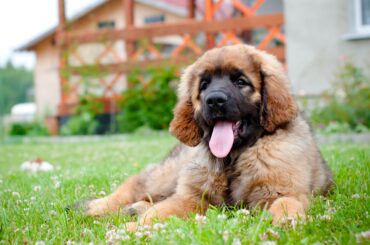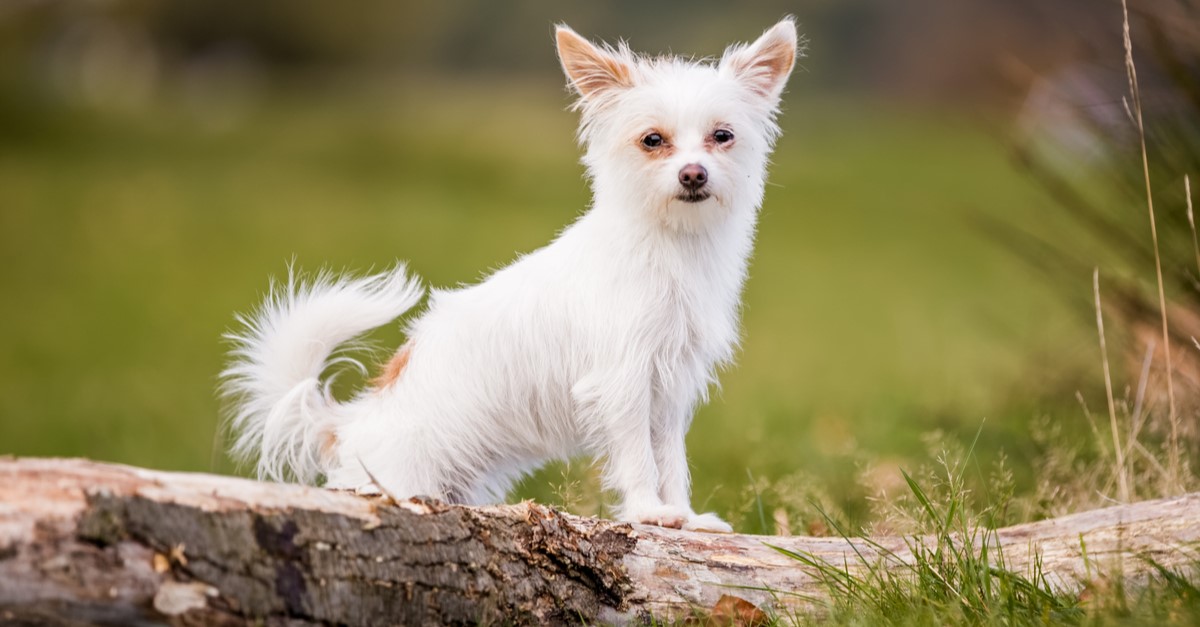If your dog is not eating but is still drinking water, Dogs can be very motivated, all of a sudden your dog not eating but drinking water. there is naturally soo much to be concerned about, it could be a sign of various potential issues such as Upset stomach, Dental problems, Stress, or anxiety.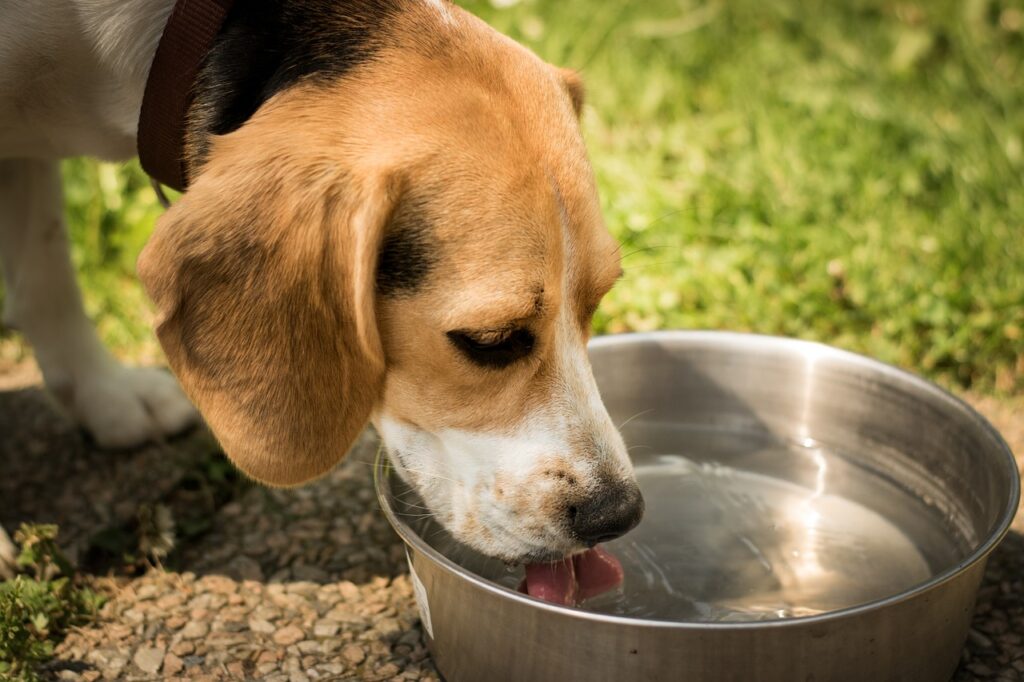
It’s important to monitor your dog’s behavior and consult with a veterinarian if the loss of appetite persists. Here are some common reasons Dog Not Eating But Drinking Water: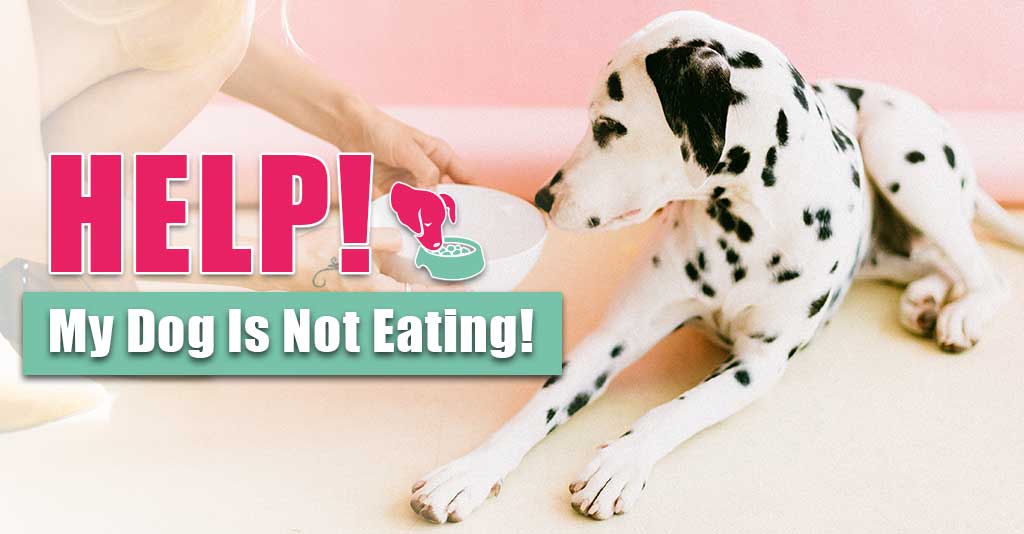
- Illness or Pain: Dogs often lose their appetite when they’re feeling unwell or experiencing pain which may result to Why Is My Dog Not Eating . It could be due to a wide range of health issues such as gastrointestinal problems, dental problems, infections, or organ dysfunction. If your dog’s lack of appetite is accompanied by other symptoms like lethargy, vomiting, diarrhea, or unusual behavior, it’s crucial to seek veterinary attention.
- Change in Routine or Environment: Dogs are creatures of habit, and any sudden changes in their routine or environment can affect their appetite which is another major challenge Why Is My Dog Not Eating. Moving to a new home, changes in their daily schedule, or disruptions in their feeding routine can lead to temporary loss of appetite. Providing a calm and familiar environment can help your dog regain their appetite.
- Dietary Preferences: Like humans, dogs can have preferences for certain types of food. If you’ve recently changed your dog’s diet or introduced new food, they may be hesitant to eat. It’s essential to transition to new food gradually, mixing it with the old food over several days to avoid digestive upset and refusal to eat.
- Stress or Anxiety: Dogs can experience stress and anxiety, leading to a decreased appetite. Reason why its listed on the number 4 of Why Is My Dog Not Eating. Changes in their environment, the presence of new pets or people, loud noises, or other stressful situations can affect their eating habits. Creating a calm and secure environment, providing regular exercise, and offering reassurance can help alleviate stress-related appetite issues.
- Aging or Reduced Activity: As dogs age, their metabolism and activity levels may decrease, leading to a decrease in appetite. Older dogs may also experience age-related health issues that impact their appetite. If you suspect age-related changes are causing appetite loss, consult your veterinarian for guidance on appropriate nutrition and management for your senior dog. Number 5 Why Is My Dog Not Eating.
Remember, if your dog’s appetite loss persists for more than 24 to 48 hours or is accompanied by other concerning symptoms, it’s crucial to consult with a veterinarian. They can evaluate your dog’s overall health and provide appropriate advice and treatment options.
What to Do if Your Dog Not Eating But Drinking Water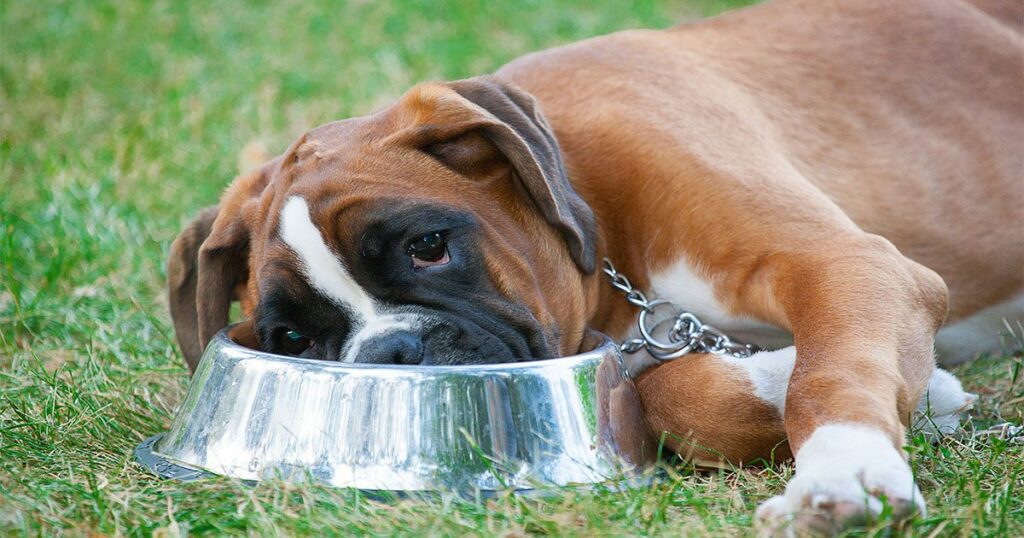
If your Dog Not Eating But Drinking Water, it could be a cause for concern, as a loss of appetite can be a sign of an underlying health issue. Here are some steps you can take if your Dog Not Eating But Drinking Water:
- Assess the situation: Determine if your dog’s lack of appetite is a temporary issue or if it has persisted for more than a day or two. If it’s a short-term problem, it could be due to environmental changes, stress, or a minor illness. However, if your dog’s appetite doesn’t improve or if they show other symptoms, it’s crucial to consult a veterinarian.
- Check for other symptoms: Observe your dog for any additional signs of illness, such as vomiting, diarrhea, lethargy, coughing, or any changes in behavior. These symptoms can help you provide more information to the vet.
- Evaluate the food: Ensure that the food you’re offering is fresh and appropriate for your dog’s age, breed, and health condition. Some dogs may become picky eaters, so you can try offering different types of food, including wet food or adding some tasty toppers (e.g., cooked chicken or broth) to entice your dog to eat.
- Rule out environmental factors: Stress, changes in routine, or a new environment can affect a dog’s appetite. Ensure that your dog feels safe, secure, and comfortable in its surroundings. Minimize any potential stressors and try to maintain a consistent routine.
- Monitor water intake: Ensure your dog has access to fresh water at all times. Dehydration can worsen appetite issues, so monitor their water intake closely. If you suspect your dog is dehydrated, contact your vet.
- Consult a veterinarian: If your dog’s appetite doesn’t improve within a day or two, or if there are other concerning symptoms, it’s best to consult a veterinarian. They can conduct a thorough examination, run diagnostic tests if necessary, and provide appropriate treatment.
Remember, loss of appetite can be a sign of various health issues, including dental problems, digestive disorders, infections, or more severe underlying conditions. A professional veterinary evaluation is crucial to determine the cause and provide the best course of action for your dog which Dog Not Eating But Drinking Water.
Dog Not Eating but Drinking Water and Lethargic
your dog is not eating but is drinking water and seems lethargic, it could be an indication of an underlying health issue. It may be due to nausea, stress, or mouth pain.
Dog not Eating but Drinking Water and sleeping a lot
If your dog is not eating but is drinking water and sleeping a lot, it may indicate that something is not quite right with their health, It could be digestive issues caused by eating too quickly or eating too many treats.
Why is my Dog not Eating but Drinking Water?
There can be various reasons why your dog is not eating but still drinking water or still Dog Not Eating But Drinking Water, it could be a sign that your dog is dealing with a stressor
Treatment & Prevention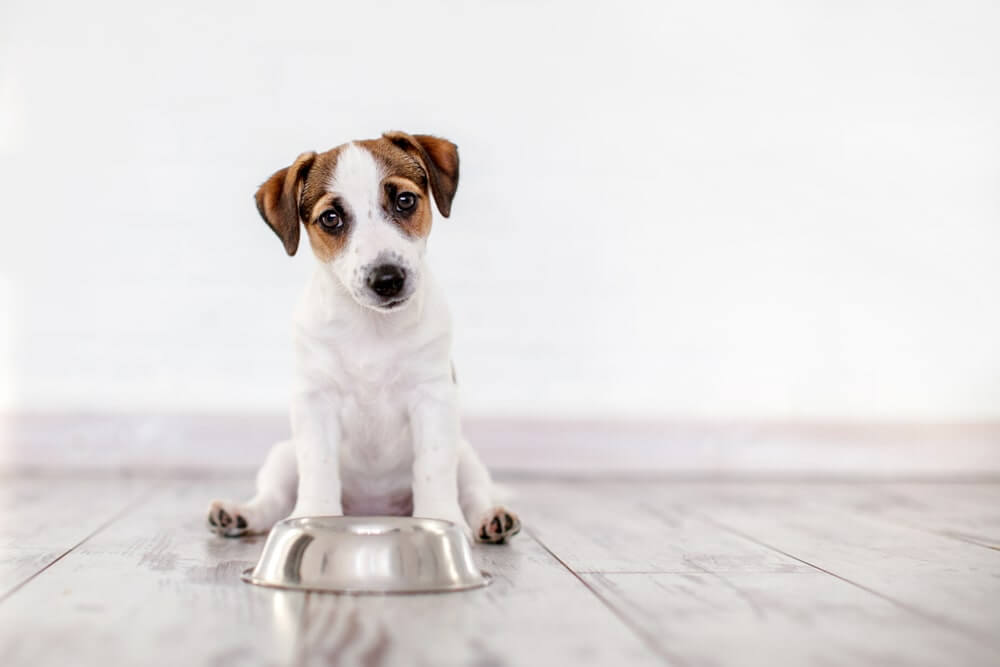
If your dog isn’t eating; Why Is my Dog Not Eating But Drinking Water, it’s important to identify the underlying cause and take appropriate steps to address it. Loss of appetite in dogs can be caused by a variety of factors, ranging from minor issues to more serious health conditions. Here are some general guidelines for treating and preventing loss of appetite in dogs:
- Assess your dog’s overall health: Monitor your dog for any other signs of illness or discomfort, such as vomiting, diarrhea, lethargy, or changes in behavior. If you notice any concerning symptoms, it’s best to consult with a veterinarian for a proper diagnosis.
- Rule out dental problems: Dental issues, such as gum disease or a broken tooth, can make eating painful for dogs. Examine your dog’s mouth for any signs of dental problems, such as redness, swelling, or bad breath. If you suspect dental issues, consult a veterinarian for an examination and appropriate treatment.
- Check for dietary issues: Evaluate your dog’s food and feeding routine. Ensure that you are providing a nutritionally balanced diet appropriate for your dog’s age, size, and health condition. Avoid sudden diet changes, as they can cause digestive upset. Some dogs may have food sensitivities or allergies, so you may need to try different types or brands of food to find one that suits your dog.
- Consider environmental factors: Dogs can be sensitive to their surroundings. Changes in the household, stress, or anxiety can lead to appetite loss. Try to identify any potential triggers and create a calm and comfortable environment for your dog. Provide a quiet space where they can eat without distractions.
- Encourage appetite: If your dog’s appetite is decreased but they are otherwise healthy, there are a few things you can do to encourage eating. Warm up the food slightly to enhance its aroma, offer small and frequent meals throughout the day, and hand-feed or use puzzle toys to make mealtime more engaging.
- Monitor water intake: Ensure your dog has access to fresh water at all times. Dehydration can further suppress appetite. If you notice a decrease in water intake, contact a veterinarian.
- Consult a veterinarian: If your dog’s appetite loss persists for more than 24-48 hours, or if they exhibit other concerning symptoms, it’s important to seek veterinary attention. A veterinarian can perform a thorough examination, conduct diagnostic tests if necessary, and provide appropriate treatment based on the underlying cause.
Remember, these are general guidelines, and the best course of action will depend on your dog’s individual circumstances. Consulting a veterinarian is always recommended to ensure proper diagnosis and treatment.
Additional Resources
- Why Do Dogs Eat Poop – 8 Steps Stop Dogs Eat Poop
- Resource Guarding in Dogs – How to Address Resource Guarding in Dogs
- Top 10 Dog Training Tips – How to Completely Train Your Dog
The article provided via this website should not be used to determine or treat a health problem or disease; it is not intended to offer any legal opinion or advice or a substitute for professional safety advice or professional care. Please consult your Vertinary Doctor or health care provider, attorney, or product manual for professional advice. Products and services reviewed are provided by third parties; we are not responsible in any way for them, nor do we guarantee their functionality, utility, safety, or reliability. Our content is for educational purposes only.
If you like, please share it. Sharing is usually caring.

